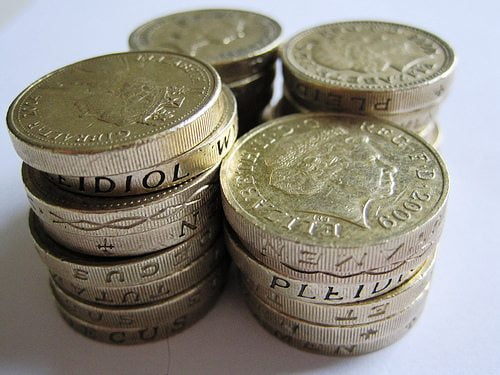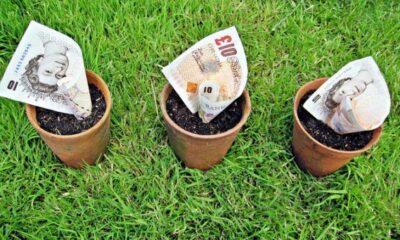

Economy
Poll: three quarters of MPs don’t understand how money is made
Some 80% of MPs lack basic understanding of where the UK’s money comes from, according to a new poll.
The survey, commissioned by the reform campaign group Positive Money, found that 71% of MPs believe that only the government has the power to create money. A further 9% said they didn’t know who creates the nations money.
However, most new money is now created when commercial banks give out loans. The government only creates coins and notes, which make up around 3% of all the money in the economy.
In response to the statement “New money is created when banks make loans, and existing money is destroyed when members of the public repay loans”, only 12% of MPs correctly said this was true.
Positive Money says the troubling findings show that the government is ill-prepared to see the warning signs of another financial crisis.
“MPs have no chance of understanding the house price bubble unless they know these basic facts about money,” said Ben Dyson, founder of Positive Money.
“The financial crisis was caused by banks that created too much money and lent it recklessly. We’re now in danger of repeating the same mistakes.”
To prevent a second financial crisis and mitigate the risk of a housing bubble, Positive Money is calling for the government to strip banks of their power to make new money.
Photo: Images of Money via Flickr
Further reading:
Bankers should take ‘moral oath’ in order to regain public trust
Henry Paulson: financial crisis mistakes being repeated in handling of climate change
The housing market: unsustainable asset bubble or ladder to prosperity?
Report lays out blueprint for UK’s sustainable economic recovery
Conference looks to transform ‘broken’ financial infrastructure


 Environment12 months ago
Environment12 months agoAre Polymer Banknotes: an Eco-Friendly Trend or a Groundswell?

 Features11 months ago
Features11 months agoEco-Friendly Cryptocurrencies: Sustainable Investment Choices

 Energy11 months ago
Energy11 months agoThe Growing Role of Solar Panels in Ireland’s Energy Future

 Energy12 months ago
Energy12 months agoHow Renewable Energy Can Help Combat Climate Change, According to Indra Energy





























